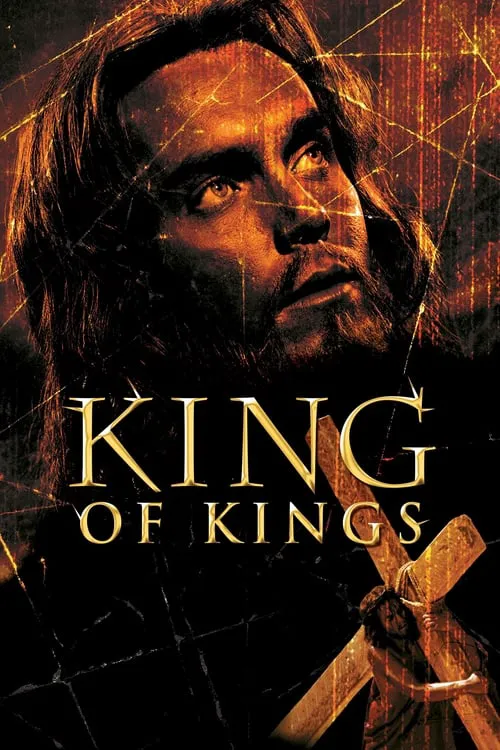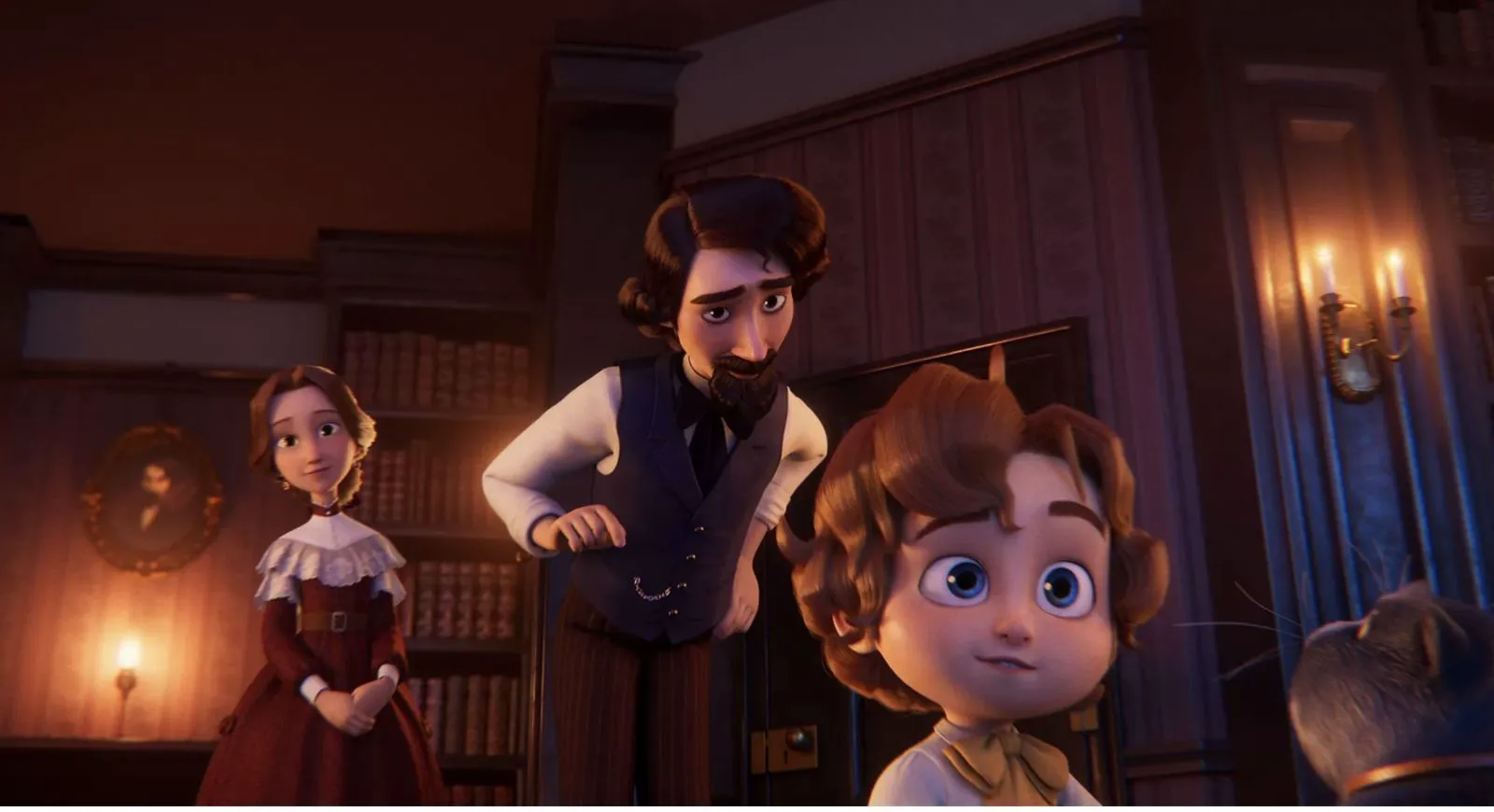King of Kings

Plot
In the 1961 epic historical drama film 'King of Kings,' director Nicholas Ray weaves a poignant and introspective tale that delves into the life and legacy of Jesus Christ. The film's central question – who is Jesus, and why does he impact all he meets – serves as the backdrop for a gripping narrative that explores the complexities of faith, compassion, and human nature. The story begins in Galilee, where a young Jesus (played by Jeffrey Hunter), a skilled carpenter, lives with his widowed mother, Mary, and his adopted brother, James the Less. As Jesus grows in wisdom, he becomes increasingly aware of his divine calling, which sets him on a collision course with the entrenched traditions of the Pharisees and the Roman Empire. Jesus's message of love, forgiveness, and redemption resonates with the common people, who are drawn to his words of hope and empowerment. As he begins to preach and heal the sick, he gathers a devoted following, including Peter, one of the most zealous and dedicated of his disciples. Peter's unwavering loyalty serves as a testament to the transformative power of Jesus's teachings. However, not everyone is enamored with Jesus's message. The Pharisees and the Roman authorities view him as a threat to their authority and seek to silence him. Their attempts to discredit and intimidate Jesus are met with resistance, and the film's dramatic tension builds as Jesus's popularity and the animosity towards him escalate. One of the most striking aspects of 'King of Kings' is its thoughtful and nuanced portrayal of the human Jesus. Rather than a divine figure, Nicholas Ray presents a flesh-and-blood character who is vulnerable, compassionate, and sometimes uncertain. This portrayal humanizes Jesus, making him more relatable and accessible to the audience. As Jesus traverses the deserts and cities of Galilee, Samaria, and Jerusalem, he faces numerous challenges and setbacks. He is repeatedly confronted by the Pharisees, who seek to trip him up with their clever arguments and questions. He is also confronted by the Roman centurion, who represents the oppressive might of the Empire. One of the most memorable scenes in the film occurs when Jesus is tempted by the Devil in the desert. The film's cinematography and lighting are particularly striking during this sequence, capturing the desolate beauty of the landscape and the desperation of Jesus's situation. The scene also highlights the themes of temptation and resistance that run throughout the film. The film's climax revolves around Jesus's Passion, a pivotal moment in his life that has become the defining myth of Christianity. 'King of Kings' presents a detailed and haunting account of Jesus's trial, crucifixion, and resurrection, using a mix of dramatic reenactments and symbolic imagery to convey the emotional and spiritual intensity of the event. Throughout the film, the ensemble cast delivers nuanced and heartfelt performances, capturing the complexity and emotional depth of their characters. Jeffrey Hunter, who played Jesus, brings a quiet intensity and compassion to the role, making his character both relatable and transcendent. The cinematography in 'King of Kings' is equally impressive, with a mix of sweeping desert landscapes, intimate close-ups, and dramatic reenactments. The film's use of color and lighting adds to its overall mood and atmosphere, conveying the themes of hope, despair, and redemption. In conclusion, 'King of Kings' is a powerful and moving epic that presents a poignant and introspective account of Jesus's life and legacy. The film's thoughtful and nuanced portrayal of the human Jesus, combined with its sweeping cinematography and dramatic reenactments, make it a compelling and thought-provoking work of art. As the film comes to a close, viewers are left pondering the central question posed by its title – who is Jesus, and why does he impact all he meets? – and reflecting on the enduring power of his message of love, forgiveness, and redemption.
Reviews
Recommendations





